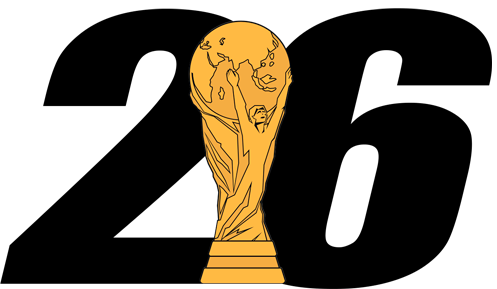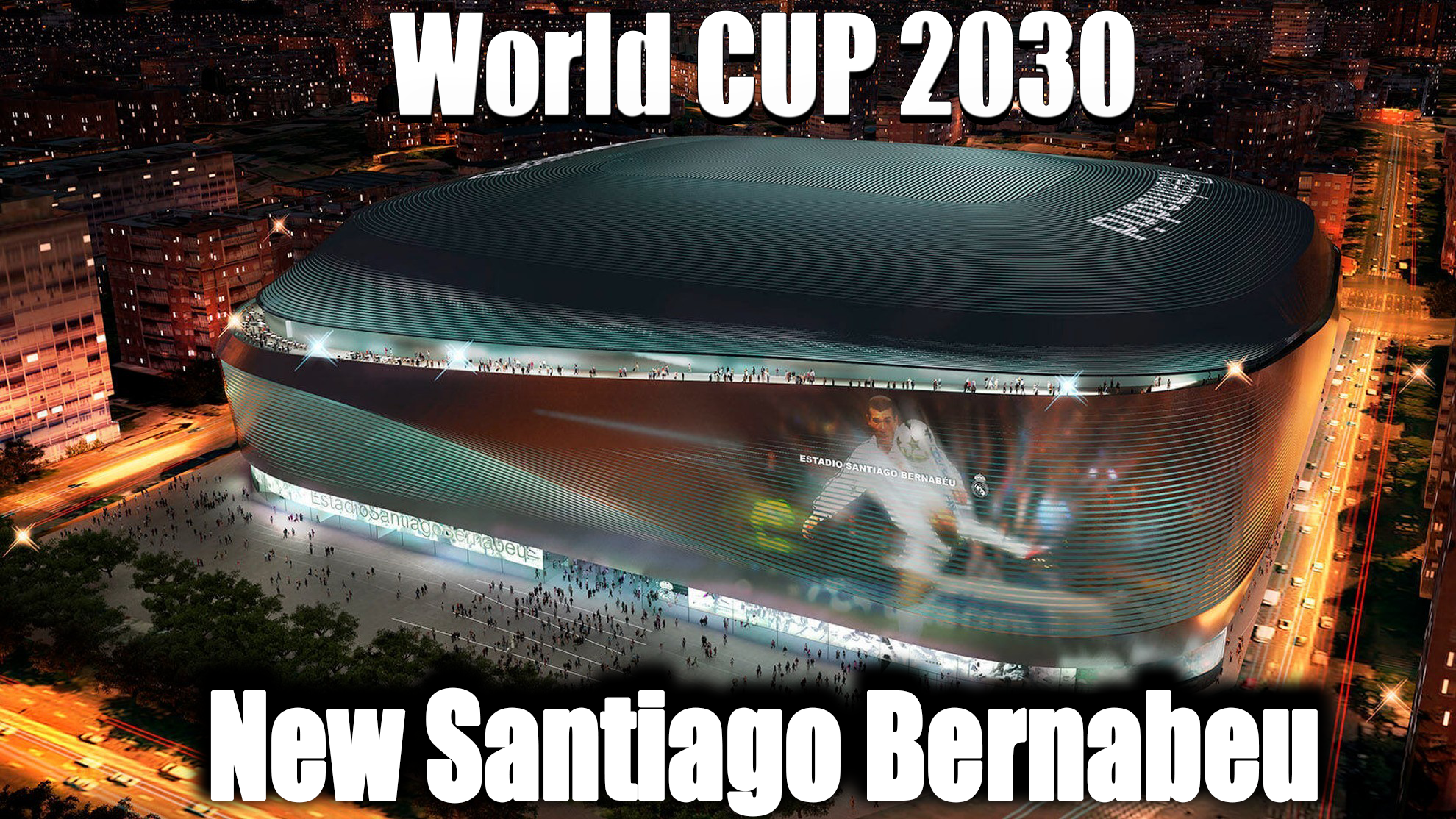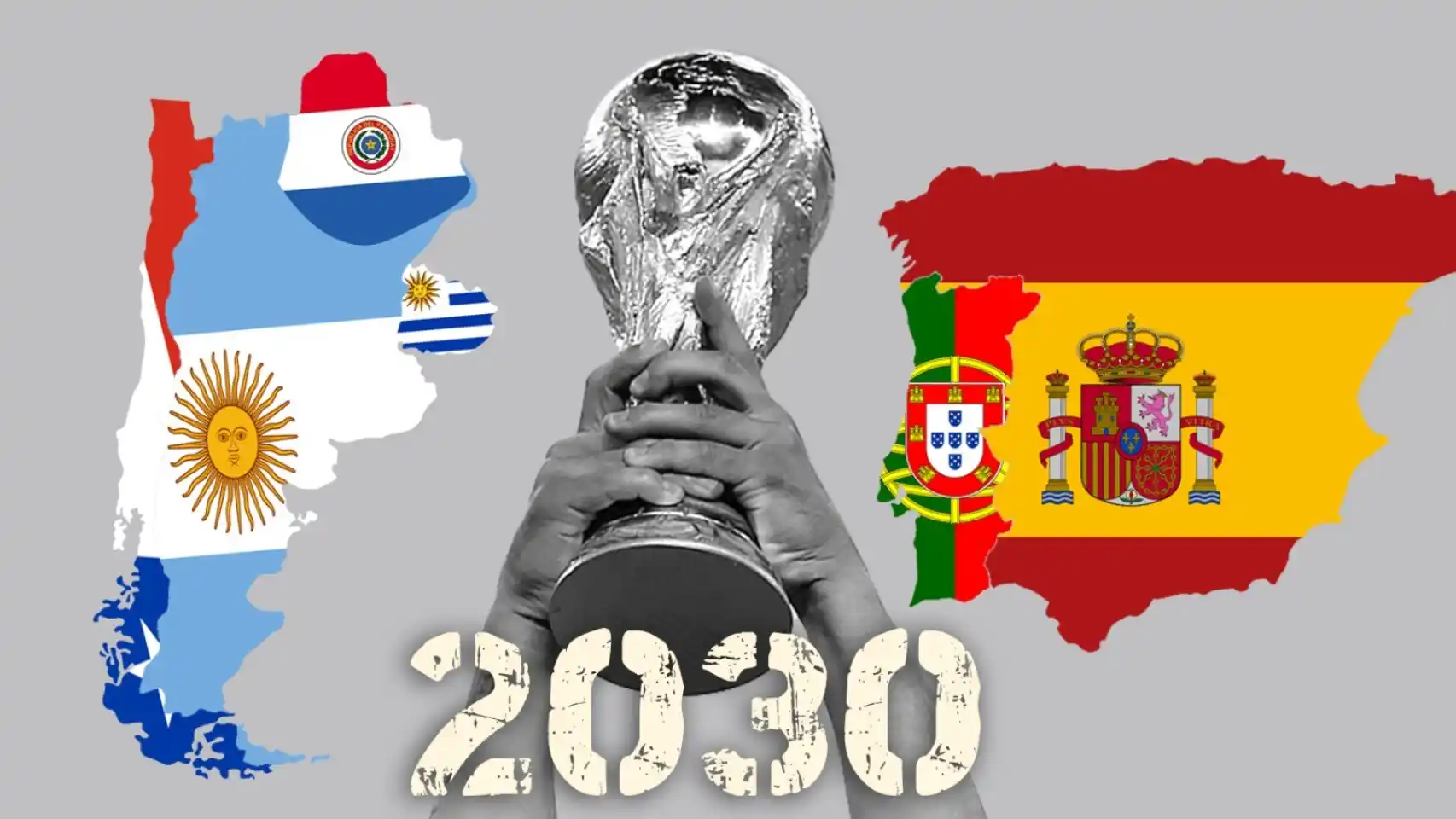In a startling revelation that echoes the sentiments of many, Saudi Arabia has been declared the host of the 2034 FIFA World Cup. This announcement raises eyebrows not only for the bidding process but also for the broader implications it holds for the world of football.
The Gulf State, having invested a staggering $5 billion in sports over the past two years, was the sole bidder for the hosting rights. This unopposed bid led to the straightforward awarding of the World Cup to Saudi Arabia. This decision marks the nation’s most significant sporting achievement yet, adding to its roster of hosting the 2023 FIFA Esports World Cup and the upcoming 2024 Spanish, Italian, and Turkish Super Cups. Furthermore, Saudi Arabia aspires to host the 2035 Women’s World Cup, despite its recent formation of a women’s team in 2022 and the ongoing societal issues regarding women’s rights and LGBT advocacy, which is starkly illegal in the nation.
This development in football’s landscape raises crucial questions about inclusivity and the sport’s governance. FIFA President Gianni Infantino’s assurances of making football more inclusive seem contradictory, considering the sale of the sport’s most prestigious event to one of the least inclusive nations globally.
The host selection process for the World Cup is equally contentious. Any country can bid, and these bids are scrutinized by the FIFA Council, led by the FIFA president. Approved bids are then voted on by the FIFA Congress, comprising 211 member associations with equal representation. This system, intended to democratize decision-making, has inadvertently exposed vulnerabilities, particularly among impoverished FIFA members who can be swayed by financial incentives.
Historical instances, like the controversial election of Sepp Blatter as FIFA’s president in 1998 and his re-election amid corruption allegations, highlight the organization’s susceptibility to financial manipulation. Gianni Infantino, elected on a reform mandate, promised a transparent bidding process, yet the recent developments suggest otherwise.
Saudi Arabia’s influence extends beyond the World Cup bid. The nation has signed numerous memorandums of understanding with football associations worldwide, leveraging its financial power for political gain. These agreements have significantly impacted the global football landscape, raising ethical concerns and conflicts of interest.
The 2034 World Cup bid process exemplifies these issues. The bid’s success was almost predetermined, bypassing the usual voting procedures and highlighting the power dynamics within FIFA. This process starkly contrasts with previous World Cups, where multiple nations across continents have hosted the event.
In conclusion, Saudi Arabia’s acquisition of the 2034 FIFA World Cup reflects deeper issues within the world of football governance. It’s a tale of power, politics, and the overshadowing of the sport’s core values. As we look toward the future, the football community must grapple with these complexities and what they mean for the beautiful game.




